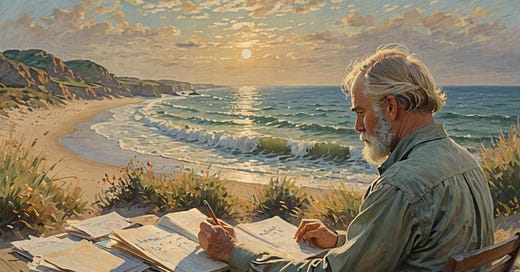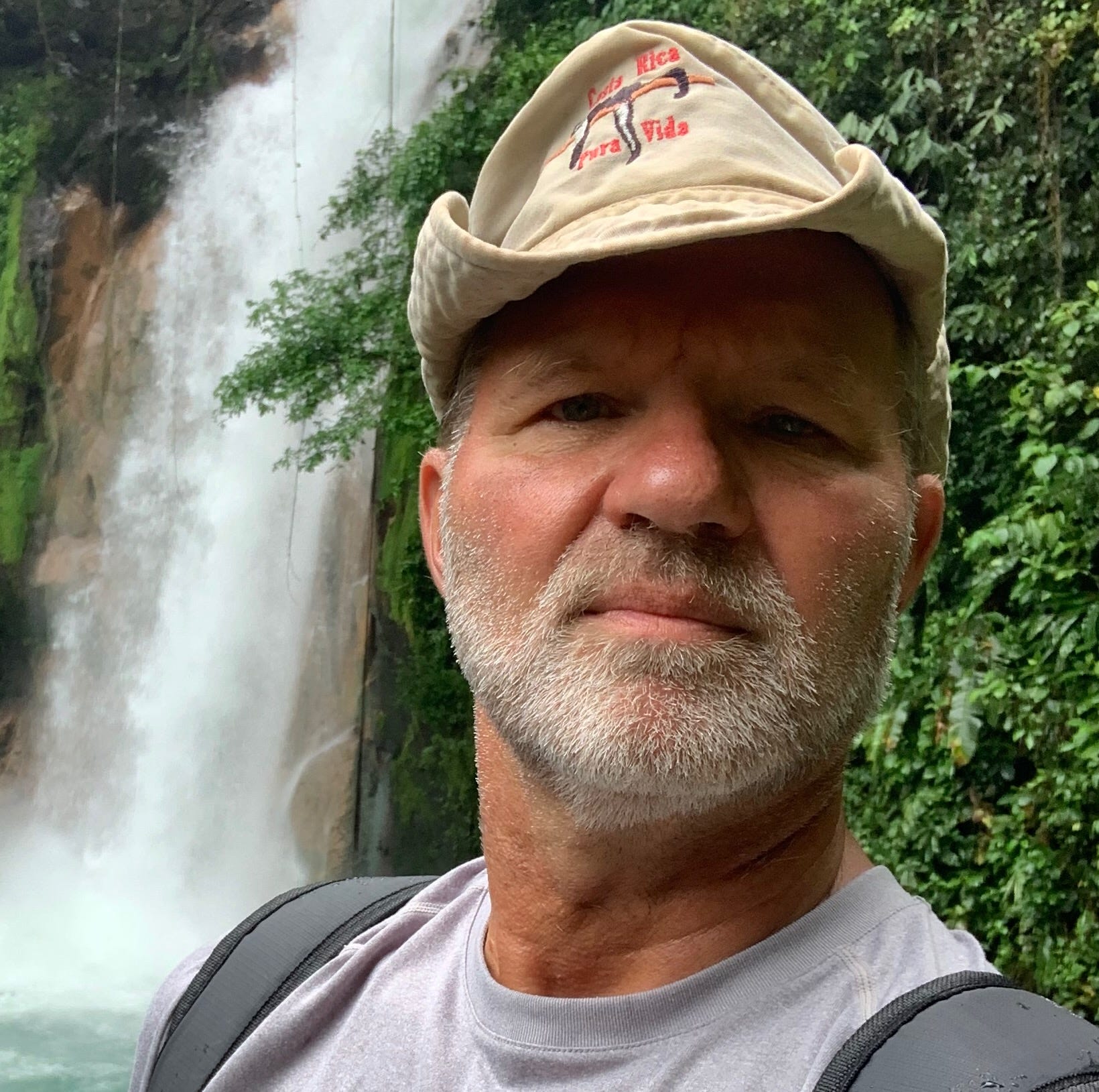“So, you’re retired now. What, exactly, does that mean?”
The question came from Carmen’s brother, a man who has climbed the corporate ladder to the stratosphere of a huge international bank. If anyone understood the implications of no longer drawing a paycheck, I would have thought it would be him.
We were having dinner at their sister’s house in Santiago, Chile in celebration of mamá’s 88th birthday. (She’s 90 now and still witty enough to do stand-up comedy, although the standing part would be a challenge.) I stumbled through some sort of non-answer to Hector’s question because I didn’t really know what to say. Now, more than three years later, I believe I have an answer.
Officially, if there is such a thing, my “retirement” came about at the same time as the Covid pandemic. It wasn’t that my job evaporated, or any other pandemic-fueled explanation. It was simply personal timing. Both of our daughters were moving away from the Washington, D.C. area and paychecks were the only real reason Carmen and I had to continue living there. Life in the U.S. was stuck in a weird holding pattern of death where the president at the time was musing aloud about having us all drink bleach and shove ultraviolet lights into our bodies. Our home in Costa Rica was patiently waiting for us and it seemed like the right time to pull the ripcord.
We had planned for this moment. The house in the tropics was mortgage-free and our lifetimes of dedication to our crafts had left us with enough to sustain the simple lifestyle we both yearned for. But the key to our planning wasn’t financial. The single-most important element of a successful “retirement” is knowing what you’re going to do with your time. This, I now understand, is what Hector was asking about.
I may not be the right person to answer this question. I loved my decades as a documentary film maker and journalist. Every day was an adventure. Yes, there were mundane tasks and the overwhelming commitment of time was staggering. (I once filled 36 shifts as an editor for ABC News in a 30-day month, and often didn’t come home at all for days or weeks on end.) But I was being creative, telling the stories of our world, and personally experiencing those stories along the way. I never viewed it as “work”. That bears repeating. I don’t feel that I worked a single day in my life.
The one thing I didn’t do during those decades was creative writing, just for the fun of it. I knew I had novels inside of me. I knew other writings, like this commentary, were lurking within. But I was focusing that energy on telling the true stories of my documentaries and news reports. Writing those novels, I had always planned, would become my “retirement” activity.
It turns out that creative writing is just as obsessive an endeavor as my previous career. I have published five books and have three more in some form of pre-publication condition. When the roots of a story form in my head, I have to spell it out. Writing a book consumes huge amounts of my time, day and night, until I have pushed every last letter and punctuation mark out of my head.
It’s really the same routine I have always had. My dedication to story-telling hasn’t changed a bit. I no longer fill out a time sheet and I don’t get the bi-weekly paycheck of years passed, but what I do with my time hasn’t changed a bit.
Being retired gives me the freedom to consider those stories, to ponder their form and substance, in a way I never had before. There is no deadline to meet. There is no budget to fit into. There is no huge corporation hovering over my work. There are no walls around me.
So, the short answer to Hector’s question about what, exactly, being retired means boils down to one word: Freedom. I now have the freedom to write about whatever I want and however I want to say it. It doesn’t mean I have stopped creating. Nothing could be further from the truth. But what hasn’t changed is that it still isn’t work.





